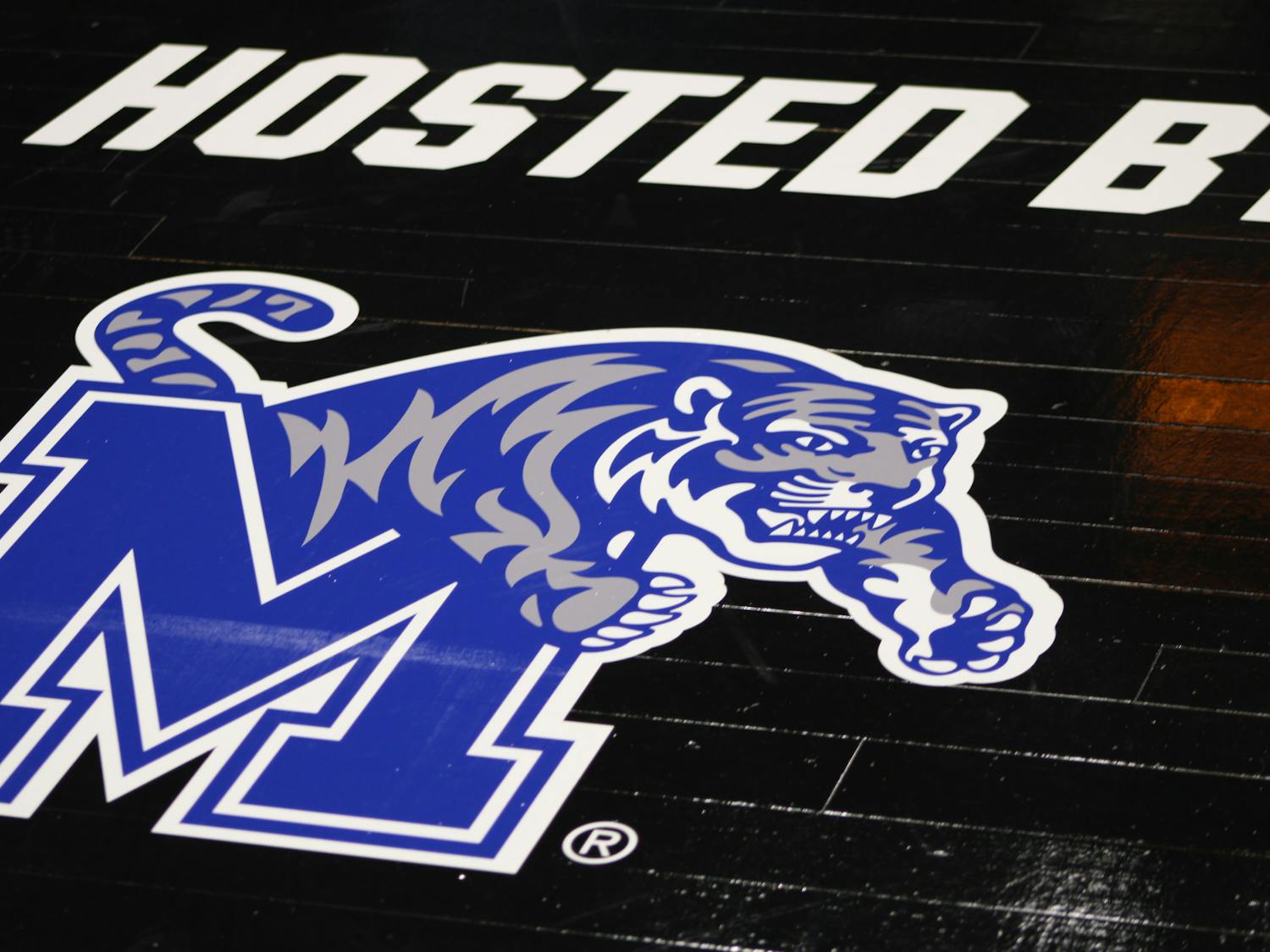The University of Memphis' FedEx Institute of Technology hosted a Tech Talk on Feb. 25 to discuss advancements in research regarding high speed computing.
5G internet speeds have been an idea exciting companies for a few years and the U.S. Department of Energy (DOE) is asking professionals about the 5G needs of their respective fields.
"My mission is to enable breakthrough science," Robinson Pino, a computer scientist and program manager at the Office of Science, a division of the DOE. "It is our job to have these one-of-a-kind or first of its kind scientific facilities."
Established and well-respected scientists and thought leaders will be gathering in Chicago March 10-12 to present the benefits or lack thereof with using 5G data service, informing the DOE about what research avenues to pursue.
Pino introduced his talk with a review of other projects of which DOE has been a part, including the Summit supercomputer.
DOE has 10 national laboratories, one of which is in Oakland, TN, with services available to scientists for free for "non‐proprietary work published in the open literature."
"When I talk to my national laboratories, I ask if we use cellular [service] at all," Pino said. "We don't, because the bandwidth is too small and they aren't cost effective. For the most part, we use an ethernet cord, coaxial cable or optical fiber, but there is a limit to how many cables you can have."
5G has the potential to greatly improve bandwidth and latency, how much data can be transferred and how much delay between transfers respectively.
Attendees of the conference will present their arguments for or against government funding of 5G research. It is entirely possible that some fields would have no useful application of this cellular connection and would suggest waiting for the advent of 6G or some other technology.
"The goal of the workshop is to generate a community based technical report," Pino said. "I will take that report and go to Congress. When Congress says 'What type of new research would you like to do?', we can say we would like to do research into 5G innovation. We have gone through this year-long process to come up with justifications for why the community wants this researched."
Beyond 5G research and innovation, the DOE is also interested in microelectronics and semiconductor sectors.
These focus areas could alter what materials are used in computer construction and enable for faster speeds and more efficient devices.
Electrical and computer engineering PhD student Manoj Basnet attended the talk and expressed interest in attending the conference in Chicago.
"We are working on the cybersecurity part of smart grid and this workshop sounds like a great place to know all about these things," Basnet said. "We are intending to use 5G for communication between autonomous vehicles and low latency for the data transfer."
The example Basnet gave of how his team would use 5G was for electric vehicles. The vehicle could communicate to the charging station how much power it needed and how algorithms could interact more quickly.
"We want you to come with all the problems that could be solved in the Office of Science were to support research around 5G," Pino said.



